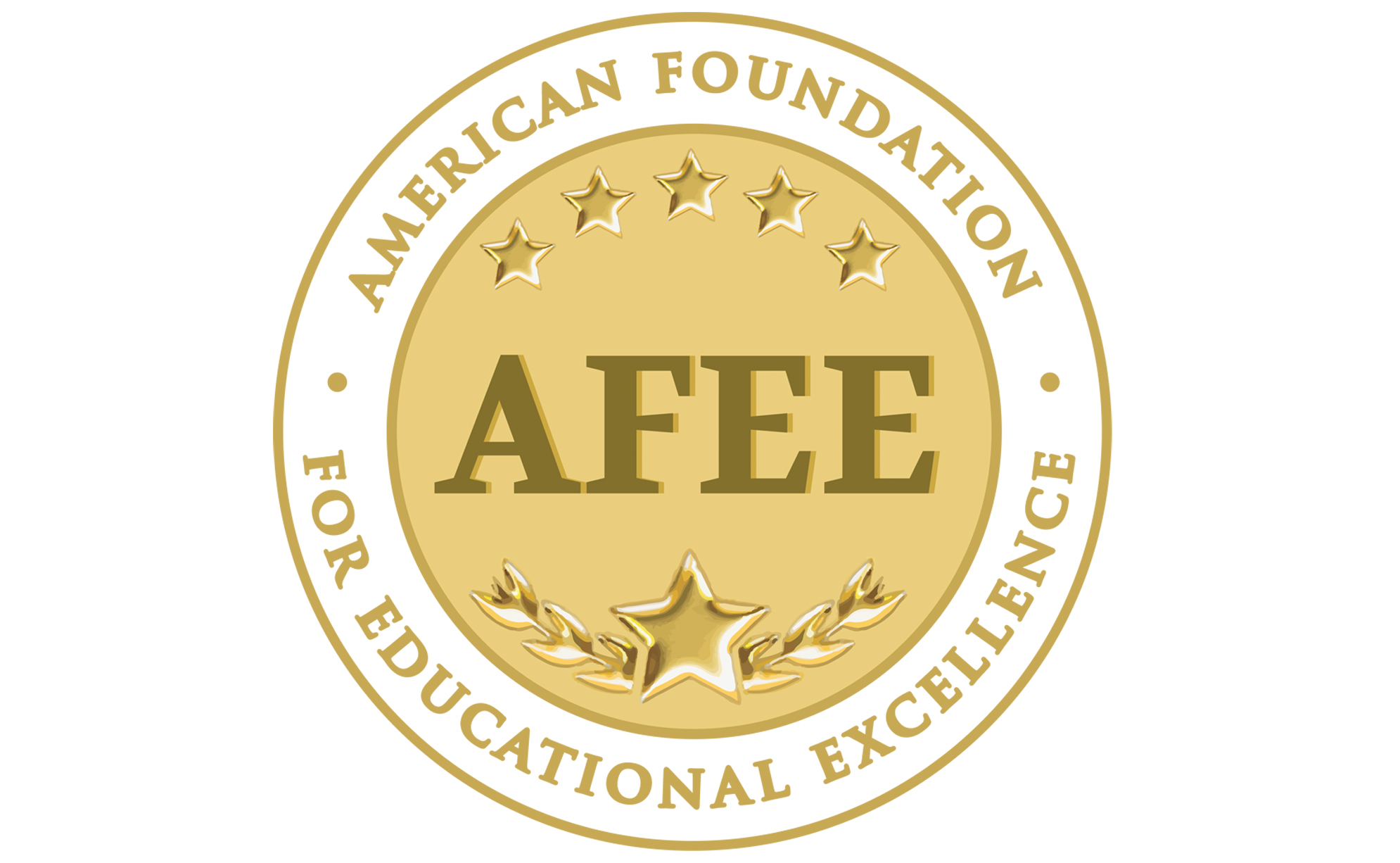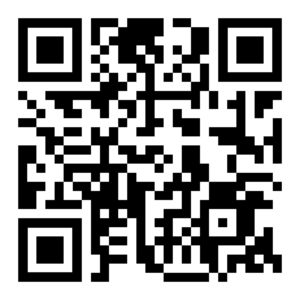Executive Program on Course Design & Educational Technology
This program is aimed at executives and educators who wish to hone their skills in course design and technological applications.

How to Lead Successfully in Course Design & Educational Technology
Dates: Custom Tailored, Based on Your Needs
Time: Mid September-Mid December 2023, Mondays from 6-8 PM EST
Location: GWU, Duques 356
Objective: Help Empower Business Leaders and Educators to Lead Successfully in Course Creation & Design.



Tentative Program
Week 11:
Today's Agenda:
RECAP: Teaching with Technology
A- Summative Evaluations
Summative evaluations -- which link us back to the needs assessment-- are conducted to document the strengths and weaknesses of instructional materials, to verify their effectiveness with target learners, and to make decisions about whether to maintain currently used materials or adopt materials that have the potential for meeting an organization's defined instructional needs. (pp.340-341)
Summative evaluations answer the questions:
- "Did the intervention, including the instruction, solve the problem that led to the need for the instruction in the first place?" (p.340)
- "Did it fill the identified gap?"
The evaluator is not supposed to be familiar with the materials, the organization requesting the evaluation, or the setting in which the materials are evaluated > external evaluator.
The 2 main phases of summative evaluation:
- Expert Judgment Phase: to determine the potential of candidate instruction for meeting the needs of an organization.
- Overall decisions: do the materials have the potential for meeting this organization's needs?
- Specific decisions: (p.341)
- Congruence analysis: are the needs and goals of the organization congruent with those in the instruction? > information summary form
- Content analysis: are the materials complete, accurate, and current? > product checklist or rating scale
- Design analysis: are the principles of learning, instruction, and motivation clearly evident in the materials? > product checklist or rating scale
- Utility & Feasibility analysis: are the materials convenient, durable, cost-effective, and satisfactory for current users? > information summary form, product checklist, or rating scale
- Field Trial Phase: to document the effectiveness of instruction with target learners in the intended setting.
- Overall decisions: are the materials effective with target learners in the prescribed setting?
- Specific decisions: (p.341)
- Outcomes analysis: > criterion-reference tests, attitude questionnaires, interviews, observations, company records
- Impact on learners: are their achievement and motivation satisfactory after instruction?
- Impact on job: are learners able to transfer information/skills/attitudes to the job setting or to units of related instruction?
- Impact on organization: are learners' changed behaviors (performance, attitudes) making positive differences in the achievement of the organization's mission and goals?
- Management analysis: > questionnaires, interviews, observations, company records
- Are instructor and manager attitudes satisfactory?
- Are recommended implementation procedures feasible?
- Are costs related to time, personnel, equipment, and resources reasonable?
- Outcomes analysis: > criterion-reference tests, attitude questionnaires, interviews, observations, company records
Formative Evaluation Vs. Summative Evaluation:
- Formative Evaluation: to collect data in order to revise instruction
- Summative Evaluation: to collect data in order to document the strengths and weaknesses of instruction
Main Textbook:
- "The Systematic Design of Instruction" by Dick, Carey & Carey (Digital)
Additional Textbooks:
- "Understanding by Design" by Wiggins & McTighe
- "50 Strategies to Boost Cognitive Engagement" by Rebecca Stobaugh
- "Teaching Students to Drive Their Brains" by Wilson & Conyers
TERMS OF SERVICE: We reserve the right, in our sole discretion, to reject or remove anyone who has registered or gained access under false pretenses, provided false information, or for any other action or behavior that we deem inappropriate, before, during or after the sessions, with or without prior notice or explanation, and without liability.
IMPORTANT DISCLAIMER: All rights reserved. The information on this page shall be considered proprietary information not to be used, copied or reproduced in any way. No part of our presentations / workshops / webinars may be reproduced, distributed, or transmitted in any form or by any means, including photocopying, recording, or other electronic or mechanical methods.















































